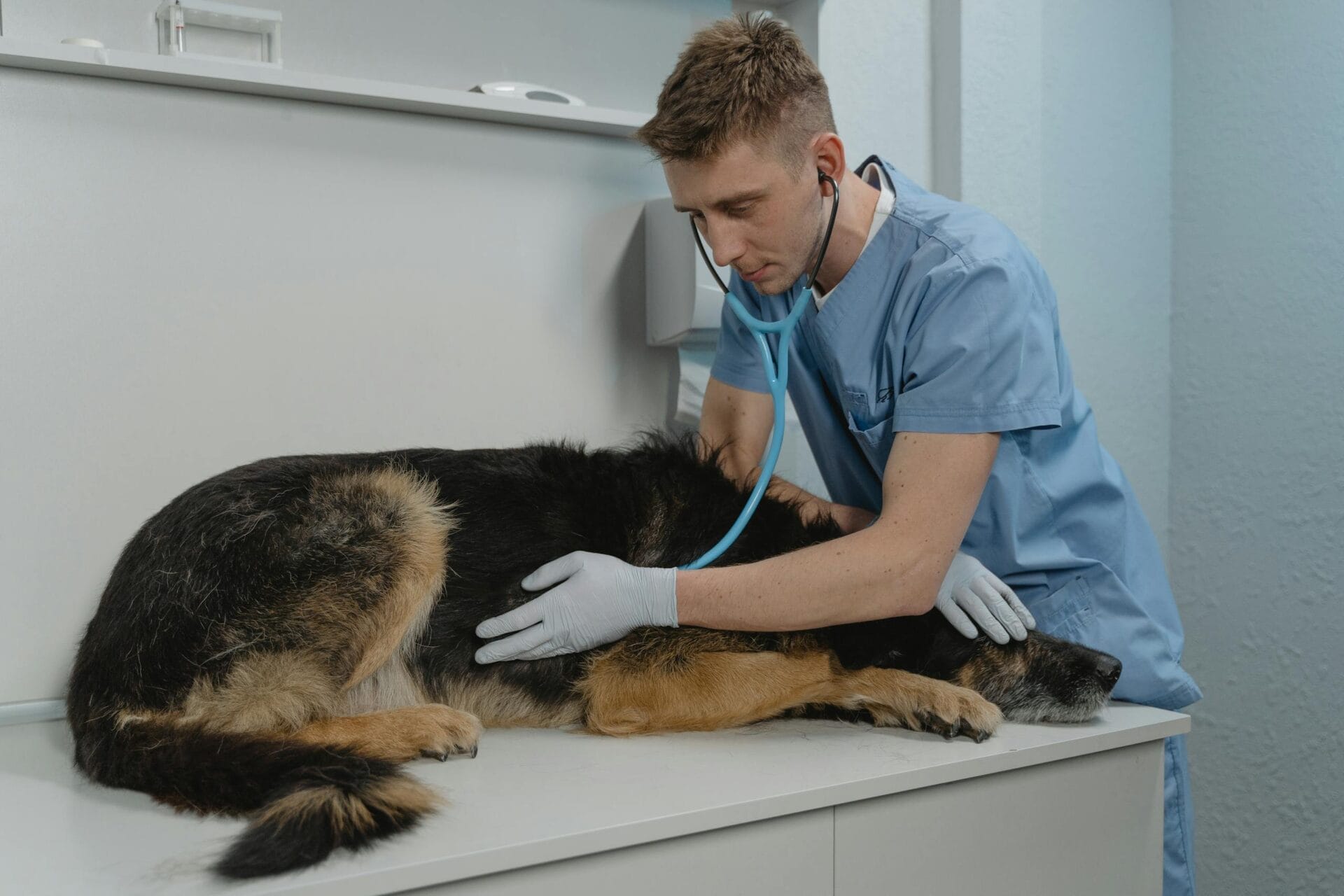How Veterinary Clinics Can Safely Manage Medical Waste
Veterinary clinics deal with various medical wastes that require careful management to ensure the safety of staff, animals, and the environment. Proper disposal is essential to minimize health risks and stay compliant with regulations.
Whether dealing with sharps, pharmaceutical waste, or biohazardous materials, understanding how to handle and dispose of the garbage safely is critical. Below is a guide to help veterinary clinics securely and efficiently manage medical waste.
1. Understand the Types of Veterinary Medical Waste
The first step in safe garbage disposal is knowing the different medical waste types your clinic generates and determining the specific disposal method each type requires.
- Sharps: Needles, syringes, and scalpels can cause injuries and transmit diseases if not disposed of properly.
- Biohazardous waste: Items contaminated with bodily fluids, such as blood-soaked bandages, gloves, or used bedding.
- Pharmaceutical waste: Expired or unused medications that pose a risk of misuse or environmental contamination.
- Animal remains: Euthanized animals or surgical by-products that require careful handling and disposal.
- Chemical waste: Cleaning agents or other chemicals used in the clinic that can be hazardous.
Recognizing these categories is the first step to ensuring each type of waste is handled and disposed of safely.
2. Set Up Proper Waste Segregation
Effective waste segregation is essential for reducing contamination risks and guaranteeing proper disposal. By separating waste at the point of generation, you can ensure that each waste stream is dealt with appropriately.
Here’s how to organize your waste disposal system:
- Color-coded bins: Use separate bins for different types of waste. For instance, use red bins for sharps, yellow for biohazardous waste, and blue for recyclable materials. This simple visual system will help staff easily identify where to dispose of medical trash.
- Sharps containers: Sharps waste requires special handling. Ensure puncture-resistant sharps containers are in accessible areas, such as treatment rooms, exam tables, and the pharmacy. Containers should be securely closed once full to prevent exposure.
- Pharmaceutical waste: Medications should be disposed of in designated pharmaceutical waste containers. Ensure these are clearly labeled and comply with local and federal regulations for safe destruction.
Proper waste segregation helps reduce risks and guarantees compliance. It also prevents costly mistakes caused by mixed waste streams.
3. Prioritize Staff Training
Training your staff is one of the most critical steps in managing medical waste safely. Proper training ensures they know how to handle and dispose of waste materials appropriately.
Key training topics should include:
- Proper waste handling: Staff should be trained how to safely manage sharps, pharmaceuticals, and biohazardous materials to avoid exposure or contamination.
- Personal protective equipment (PPE): Educate your team about PPE use, such as gloves, gowns, and masks, when handling waste. Proper PPE use reduces exposure to hazardous materials.
- Emergency procedures: Staff should also be trained to respond to spills or injuries. For instance, if biohazardous waste spills or someone has a needlestick injury, they must know how to act quickly and effectively to minimize harm.
Regular training ensures that staff understand the importance of safe waste disposal. It also equips them with the knowledge to keep the clinic safe.
4. Partner with a Certified Medical Waste Disposal Company
A reliable and certified medical waste disposal company is key to managing waste efficiently to comply with all regulations. When choosing a disposal partner, consider the following:
- Licenses and compliance: Ensure the company is licensed and complies with all relevant local, state, and federal regulations. They should be familiar with the specific needs of veterinary clinics and the types of waste they generate.
- Efficient pickup schedule: Your waste disposal partner should offer flexible, timely pickups. If waste volume decreases, you should be able to reduce your pickup frequency to save on costs.
- Emergency services: Your partner should also be capable of providing emergency waste disposal in case of unexpected incidents, such as a waste spill or an unforeseen increase in medical trash.
For more information about certified medical waste disposal, you can visit Medsharps.
5. Comply with Regulations and Maintain Records
Compliance with federal, state, and local waste disposal regulations is essential. Improper disposal can lead to fines and reputational damage.
To stay compliant:
- Stay updated on regulations: Waste disposal laws are subject to change. Ensure your clinic stays informed about the latest regulations to ensure compliance.
- Maintain proper documentation: Keep accurate records of the types of waste, quantities, and disposal methods used. Documentation is essential for inspections and audits. It helps ensure that your clinic meets all legal requirements.
By staying informed and maintaining proper records, you reduce non-compliance risk and avoid potential fines.
Managing Veterinary Medical Waste for a Safer Clinic
Proper medical waste management is vital for the safety of your veterinary clinic’s staff, patients, and the environment. Understanding the types of trash, setting up an efficient segregation system, training your staff, and partnering with a certified disposal company ensures you’re implementing safe, compliant waste management. In addition, regularly reviewing your practices and maintaining proper documentation will help your clinic stay on track with all regulations.
Properly managing waste reduces health risks and also ensures that your clinic remains efficient and compliant. For more guidance on safe medical waste disposal, visit Medsharps.











